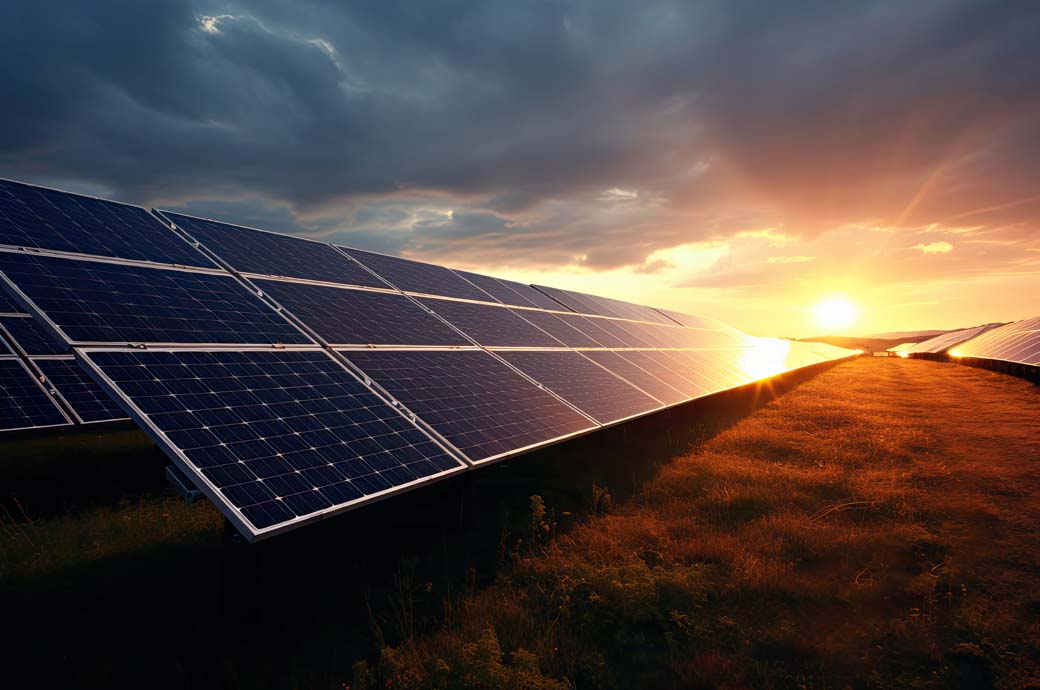
The country is now the world's third-largest emitter, relying heavily on fossil fuels.
The consulting firm’s net zero scenario for 2050 warrants India to raise its non-fossil fuel electricity generation to almost 80 per cent. The country must establish low-cost domestic supply chains for large-scale solar and wind power and invest in off-grid and decentralised renewable energy systems.
The scenario stresses on the need for a transparent carbon-pricing mechanism to incentivise investments in carbon capture, utilisation and storage (CCUS), green hydrogen, renewables and bioenergy.
The report, titled 'Chance of a Lifetime: can India show the developing world a unique path to net zero?', says India faces the unique challenge of decarbonising newer production units than other major economies, presenting an opportunity for industrial growth through low-carbon technology manufacturing.
The Panchamrit initiative, presented at COP26 in 2021, plays a key role in promoting the rapid development of renewable energy in India. The strategy aims at generating 500 GW of non-fossil-fuel electricity by 2030, requiring India to nearly triple its non-fossil-fuel capacity in six years.
Achieving half of energy needs from non-fossil fuel sources could result in a cumulative reduction of 1 billion tonnes of carbon emissions by 2030, the report suggests.
It calls for economic growth tied to sustainability, especially in manufacturing sectors.
Fibre2Fashion News Desk (DS)